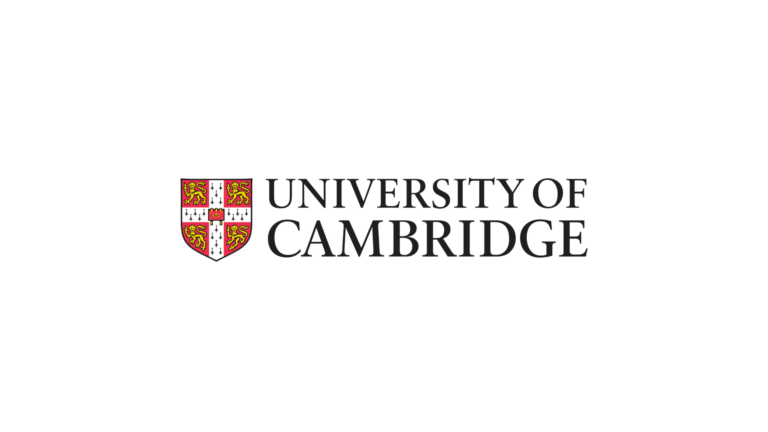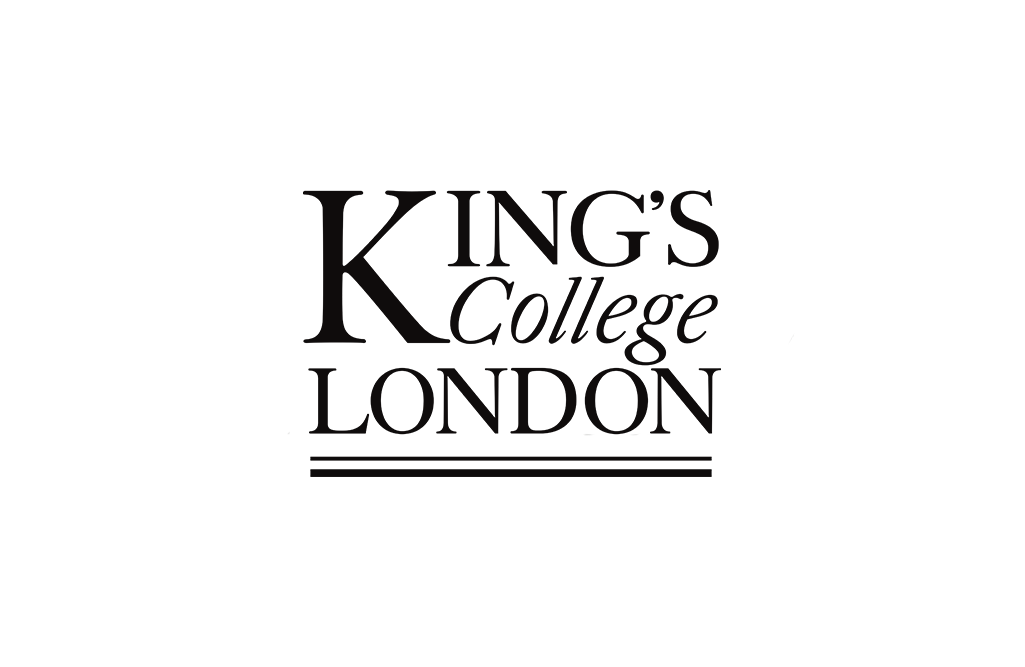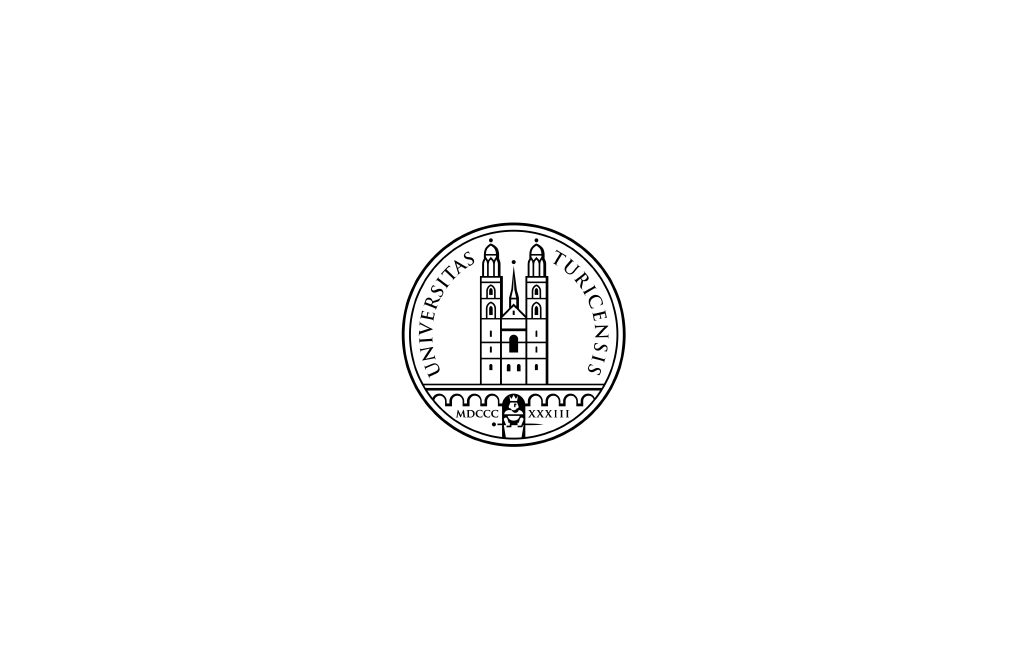Founded in 1209, the University of Cambridge is the second-oldest university in the English-speaking world and the world’s fourth-oldest surviving university. Today it has 18,000 students and over 12,000 staff.
Challenge
As part of the University’s continued focus to promote an inclusive culture, its leaders were recognised as having a key role to play in shaping day-to-day experiences of colleagues, and as instrumental for supporting the development and progression of staff.
Solution
Working in partnership with the University’s Equality, Diversity and Inclusion (EDI) and Personal and Professional Development (PPD) teams, we developed a bespoke Inclusive Leadership Development programme, with elements tailored for Professional Service Staff and Academic / Research staff.
Blending the programme with digital, each participant received personalised feedback on their inclusive leadership style via PK:INDYNAMICS Leader, which combines detailed feedback for each participant on their potential risk areas around inclusion (personality), and how inclusive they are currently perceived to be (360 feedback). This allowed each participant to begin the programme with a clear idea of their strengths, and a focus for their development.
Based on the Pearn Kandola Inclusive Leadership Model, the programme included three parts:
- Culture
- Decision making
- Relationships
Each session introduced new concepts, facilitated knowledge sharing between participants and practical skill development, including use of coaching, giving effective feedback, having difficult conversations and how to challenge others constructively.
To support behaviour change, participants identified ‘quick win’ actions between sessions, and inclusive practices to embed locally over a three-month period.
The programme has been delivered face-to-face and virtually via Zoom, with feedback remaining comparable across both formats.
Outcome
Feedback from the programme has been very positive, with 98% of participants saying that they would recommend the programme to a colleague.
When asked what they found most useful, the top responses were:
- Receiving personalised feedback (from PK:INDYNAMICS Leader)
- Practical tools for promoting inclusion
- Opportunity to practise key skills (e.g. giving feedback, coaching)
- Opportunity to discuss and learn from others
- Our facilitation of the sessions
Testimonials – University of Cambridge by Pearn Kandola
“Working with Jonathan Taylor and the team at Pearn Kandola has been great. They are experts in the area and bring insight to each group, using examples and research to explore each topic. They have been responsive to our requirements, particularly when the pandemic hit and the approach had to shift quickly. Thinking about inclusion during that time of huge pressure and change was particularly important for our leaders and managers.”




